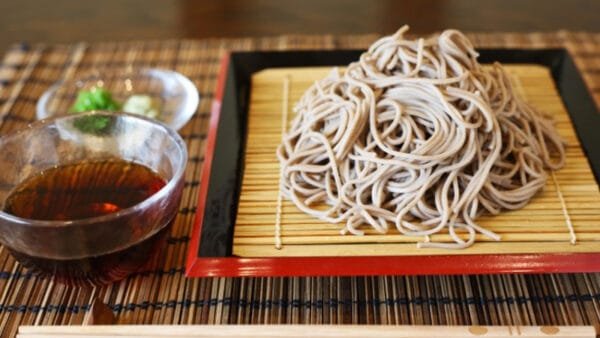What Are Soba Noodles?
Soba noodles are traditional Japanese noodles made primarily from buckwheat flour. These versatile noodles can be served in various ways—either cold with a dipping sauce or warm in a flavorful broth. Soba is notable not just for its unique texture and taste but also for its rich nutritional profile.

Nutritional Benefits of Soba
Packed with antioxidants, particularly rutin, soba noodles contribute significantly to health. Rutin has properties that help prevent blood clots and enhance circulation. Additionally, it aids in the absorption of vitamin C. These attributes make soba a nutritious alternative to more common noodle varieties.
Understanding Buckwheat Content in Soba
The percentage of buckwheat in soba noodles varies by product, affecting the noodle’s texture. A lower buckwheat content results in smoother and softer noodles, ideal for those seeking a milder flavor. In contrast, a higher buckwheat percentage leads to a more rustic and nutty taste, but requires more skill to prepare effectively. For those trying their hand at making soba, mastering the balance of buckwheat and regular flour is crucial to achieving the desired texture.
